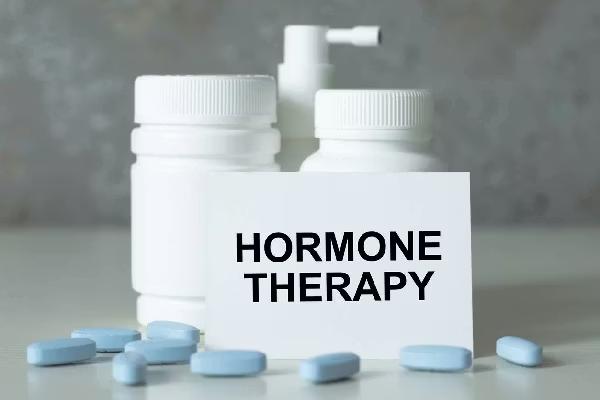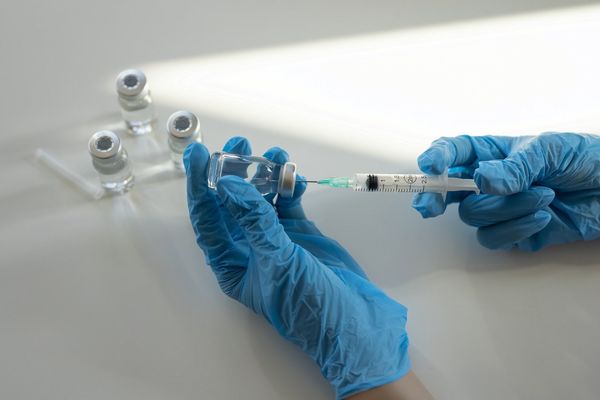When her stomach pains changed from occasional and mild to persistent and excruciating, an acquaintance of mine headed to an urgent care center for help. Upon examining her distended abdomen, doctors there determined they were unable to diagnose or treat her, suggesting instead she head to the emergency room (ER).
After being examined and receiving various scans, she was diagnosed with diverticulitis. She spent three nights in the hospital, where they stabilized her condition. She's now home and is on a bland and low-fiber diet and resting comfortably.
So, how do you know when it's appropriate to head to an urgent care center and when you should we head straight for the ER?
I recently asked Dr. Caesar Djavaherian, who is the cofounder and chief medical officer at the health care provider Carbon Health, and was surprised by his reply: "Urgent care centers can care for approximately 88 percent of the conditions that typically present to emergency departments around the country."
Here's what else I learned:
What is the main difference between urgent care and an ER?
Emergency departments are incredible at taking care of life-threatening conditions, like heart attacks, major traumas, strokes, loss of vision or limb-threatening conditions.
An urgent care center is equipped to handle less emergent conditions like broken bones, asthma, cold/flu, coughs, cuts, urinary issues, sexually transmitted disease concerns or morning-after pills.
Are all urgent care centers the same?
They're not. You need to know the clinic's scope of practice. For example, you can find retail urgent care centers—places like pharmacies. They're great for things like flu vaccines, cough and cold medications or other simple ailments.
Keep in mind, though, that they're not able to diagnose more complicated conditions like pneumonia, abscesses drainage and laceration repairs and are not well-equipped to handle injuries. For those, look for urgent care centers that are located in stand-alone sites or affiliated with your local health system.
Do urgent care centers have the same equipment and types of health care professionals and specialties as an ER?
Although there is significant overlap in the equipment and staffing that emergency departments and urgent care centers have on site, emergency departments must be able to care for more severe injuries so they will always have CT scanners, MRI machines and equipment to support emergent surgical interventions.
The cost to maintain and service the most critically ill patients inflates the cost of care, which is why people are amazed at the large bills the receive after going to the ER for simpler things like broken bones. This is why it's smart to seek care where the cost, equipment and health care professionals match your needs without paying extra for emergency medicine care.
What are the top health issues that can be cared for at an urgent care clinic?
In the broadest sense, you should go to urgent care centers for all illnesses and injuries that are not life-threatening. These would be like sprains, broken bones, lacerations, coughs, colds, sore throats, asthma symptoms, allergies, headaches, vomiting and diarrhea.
When should you not go to an urgent care clinic?
The emergency department would be more for chest pain in people who may be at risk for heart attack, shortness of breath in people who have heart problems, stroke symptoms (like the inability to speak or move limbs), sudden change in vision, repeated fainting and obvious injuries like high-speed car accidents, gunshot wounds or loss of limb.
You may also want to consider an ER for intense abdominal pain, confusion or changes in mental status, severe headache, coughing or vomiting blood, blood in your urine or bloody diarrhea or a serious burn or seizures.
What, besides cost, are some advantages of going to an urgent care center?
Typically, same day appointments are available, wait times are less, patient satisfaction scores are higher and face-to-face time with the providers is greater in the urgent care setting. This is why they are growing around the country because they fill a gap that has traditionally been filled by emergency departments.







